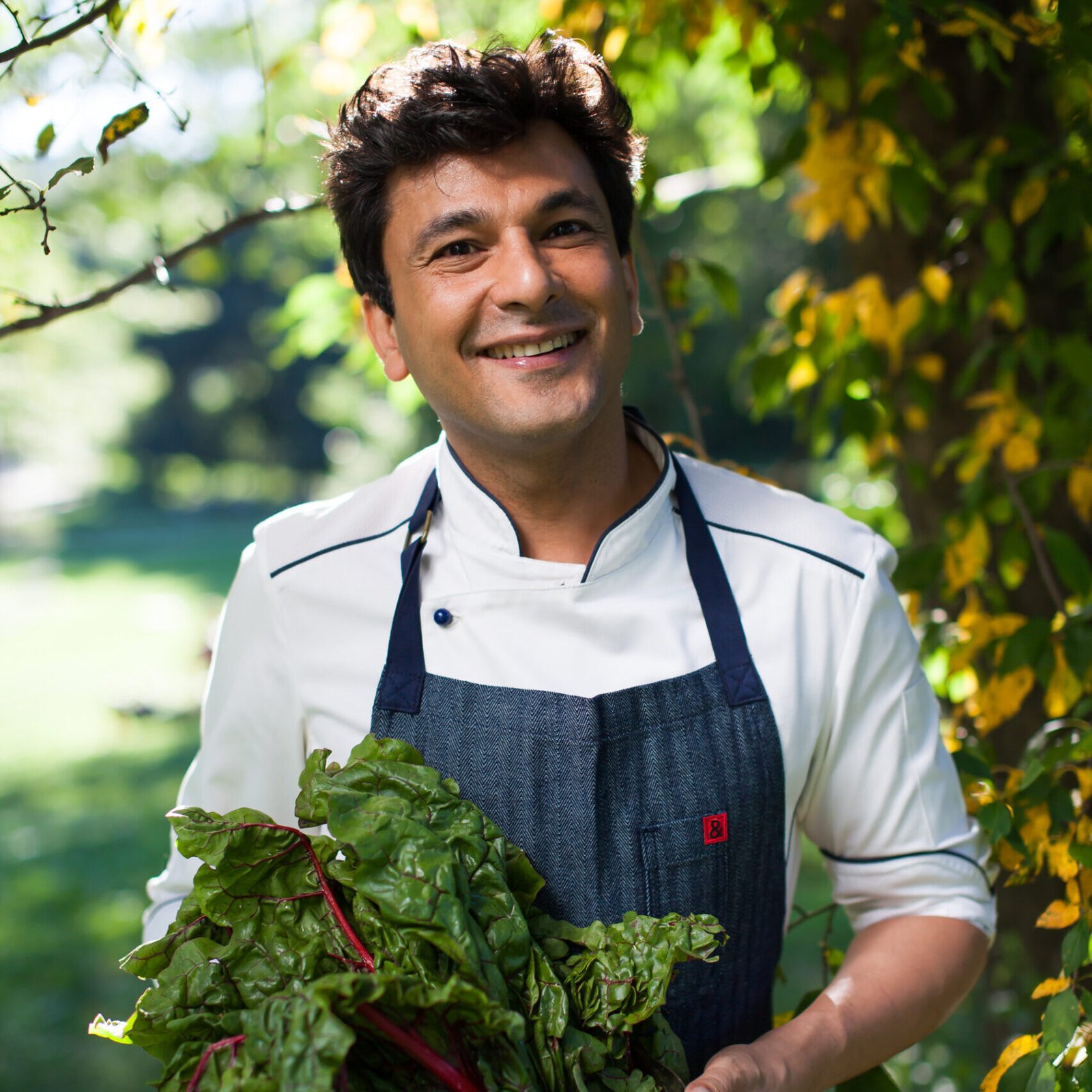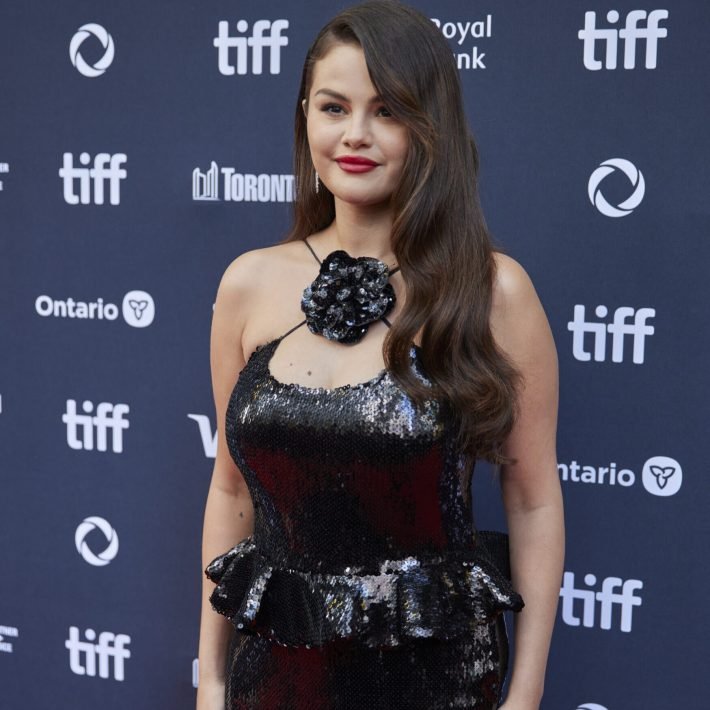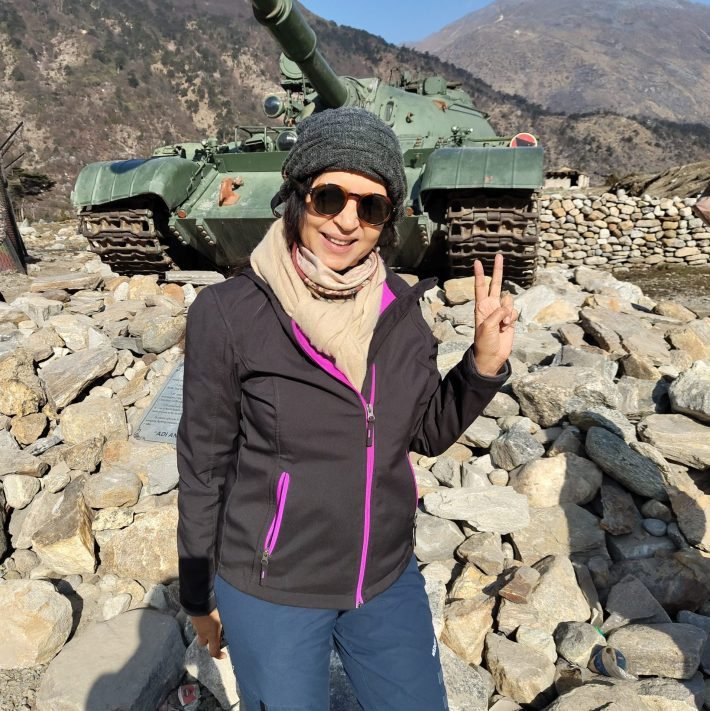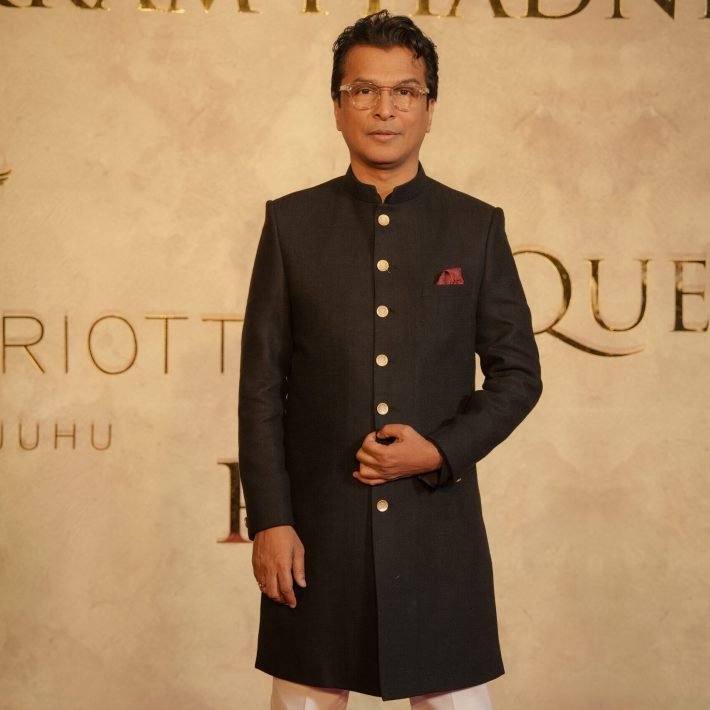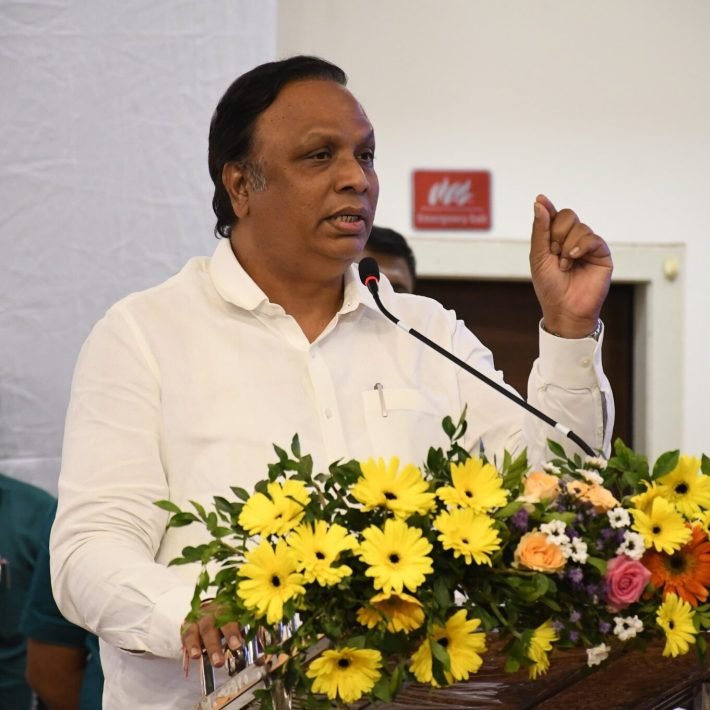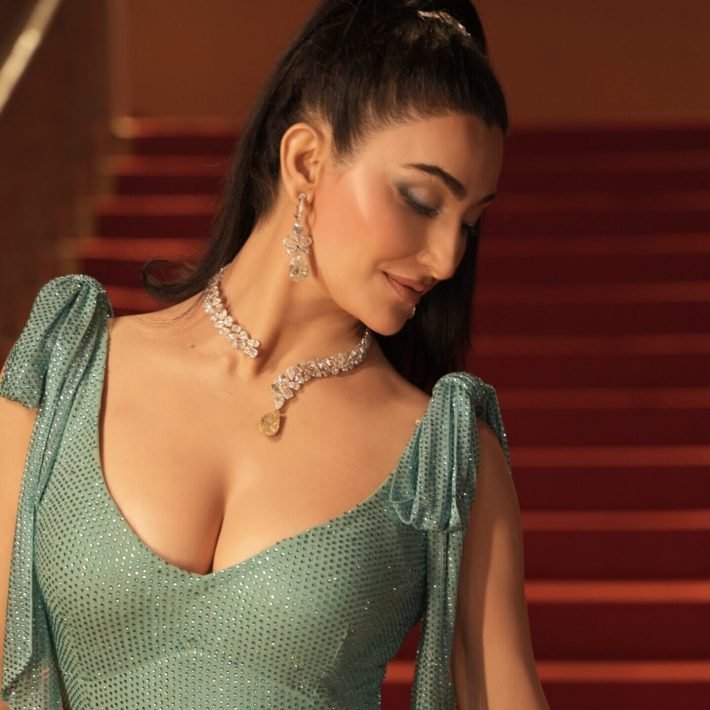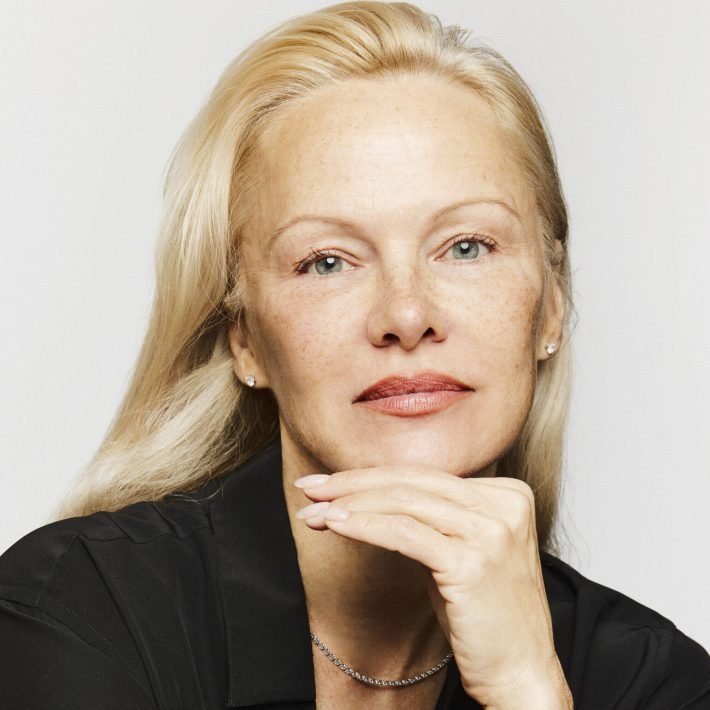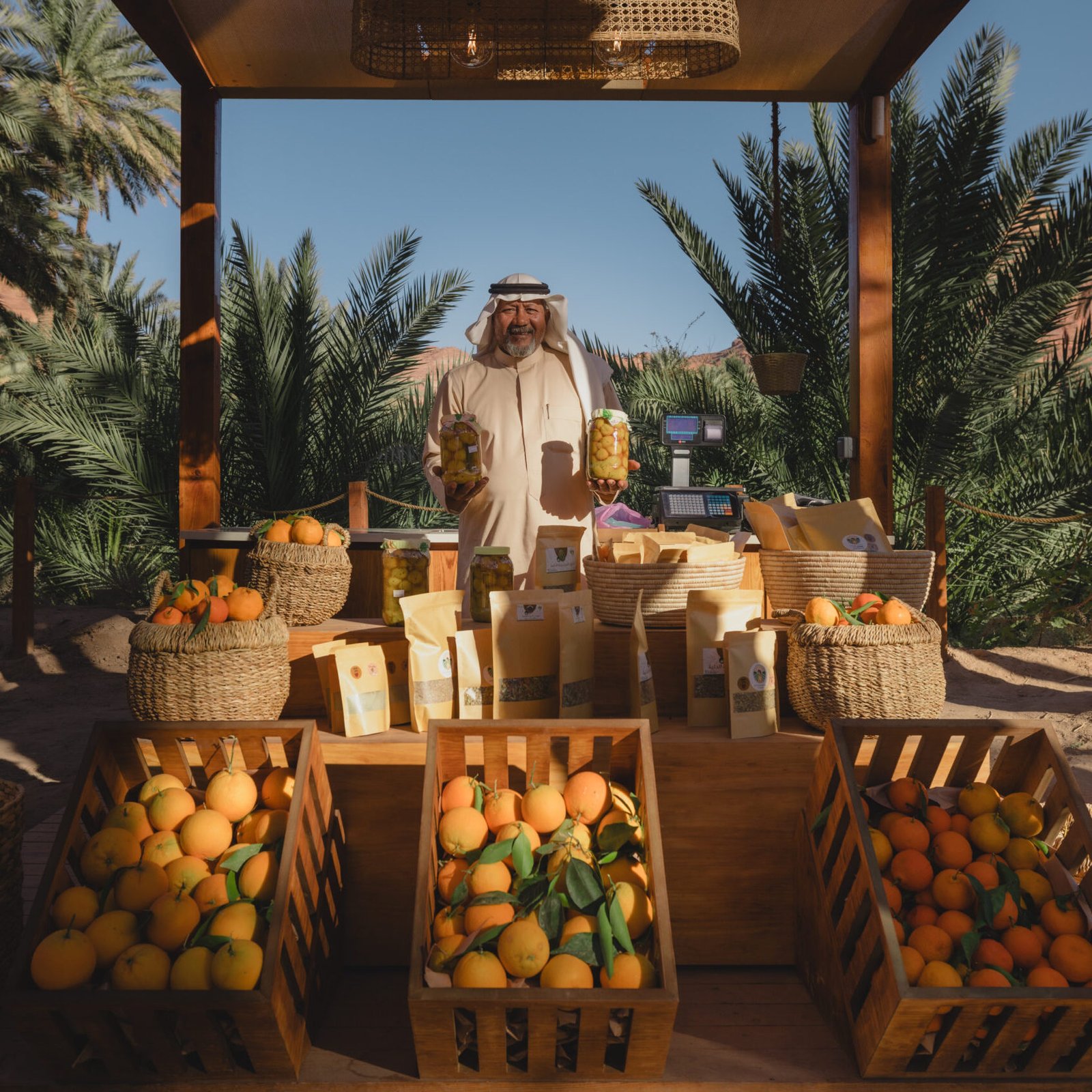Chef and creative artiste Vikas Khanna talks about exploring new avenues and taking Indian food and culture to the world.
By Nichola Marie
What’s your secret to wearing so many hats, and with such joy and ease?

It is necessary for us to constantly figure out that we have a voice, and we have to use it on the right platforms. Of course, it can be very stressful when you’re running things in so many different directions, making sure everything is beautiful, and doing justice to it. I do feel that if God has given me such a beautiful platform, I need to honour it. I need to bring more people with me. And we all need to rise together. Talking about our food, our culture, our history, and also our rituals, I need to present that to the world, be it in literature or dishes, so that the world knows that India is much beyond any civilisation when it comes to the intricacies and diversity of our culture.
What is your reading of the global palate vis-a-vis Indian cuisine today?



I am proud to have been the founding Chef at Junoon restaurant. It served as the flagship of Indian cuisine for so many years. And to win six consecutive Michelin stars while I was heading the kitchen! I’m very proud of Kinara; it’s one of the favourite Indian food destinations in Dubai. I have always very carefully curated my balance with food. You can’t modernise cuisine so much that it becomes unrecognisable. There has to be recognition in your dishes. You bring India with it, so you have to constantly find ways to connect people to your country through food. And that has been my forte… of what I put on the menu, which brings people closer to each other as Indians, as diaspora, but also the international audience.
What was it that kept you going through trying times?

It has been neck-breaking success and it has also been neck-breaking failures; everything goes hand-in-hand. What pushes me up, again and again, is, of course, my mother, and sister who would always say: ‘Punjab ka sher hai tu’. Even if I fall down or things fall apart, I need to keep finding ways to turn things back on. Anybody who is an artiste in the Western world is going to fall apart. What do you do to keep this alive? Keep constantly reinventing yourself. How do you not let success or failure affect you? I try my best to stay extremely constant with one force – that anything I do, my mother back home in Amritsar has to be proud of me for how I represent India.


You have produced a documentary series called ‘Holy Kitchens: Exploring The Bond Between Faith And Food’, and your docu ‘Kitchens Of Gratitude’ was also featured at Cannes, while you also made your directorial debut with ‘The Last Color’. How satisfying has it been to tell these moving stories?

Through ‘Holy Kitchens’, we spoke about the connection of faith and food in Sikhism, Islam, Judaism, Christianity, Buddhism and Hinduism. There cannot be any country other than India with this kind of diversity of faith and I really want to bring that out. Born and raised in Amritsar, I’ve always been intrigued by the Sikh community kitchens – the langars. For me, this was a very important representation of India. It was shown at many Ivy League universities, the White House, Oxford University. I continued on this path to create ‘Kitchens Of Gratitude’ in which His Holiness the Dalai Lama talks about tables of grace and why it is important for people to stick together. Food is such an important democratic and secular power, which brings everyone together. And then I wrote a short story called ‘Colorless’, about advocacy, the pain of widows and their disinheritance in Indian culture and many cultures around the world. I wanted to shed light on that and that is why we created ‘The Last Color’ (2019). I’m honoured that I had Neena Gupta playing the role of Noor in the film. And it was so well received around the world at film festivals, award functions, and also the United Nations where it got a standing applause. Later, I went to the Congress in Washington DC to speak about 350 million widows who have faced troubles in their family of disownment etc. My latest film is called ‘Imaginary Rain’, in which we have Shabana Azmi playing a failed chef in New York, and how she revives her passion as she visits India, her homeland.

From launching the foundation South Asian Kid’s Infinite Vision to collaborating with charitable institutions such as Save the Children, what propels you to support social causes?

I’ve always been very active when it comes to raising funds or supporting foundations or charities around the world that support India; it has been a very important part of our company’s policies. In so many ways we work as catalysts, connecting people from media to donors, creating events, doing the catering, and bringing people together under one roof for a cause. It could be education, girl empowerment, or raising awareness for people with disabilities. I hope I continue and get more strength and love.
What’s next for you?

Every artiste is a work in progress, because we are always finding ways to be more inspired and creative. It’s very important to us that it’s not the climax, it’s just a journey. We are constantly creating new paths in the food industry, arts or literature, in films or documentaries, in philanthropy or understanding how we can tell more stories about India to the world. It’s a constant force in me and I hope with all this love, I continue to push those barriers.

The Chef’s Faves

There are so many favourite dishes, but I absolutely love the leftover cuisine of India. With our sustainable approach in Indian homes, what is leftover, just innovatively changes its form as a new dish! From leftover Diwali ki mithai to vegetables, it makes its appearance the next morning in the stuffing of different parathas!
